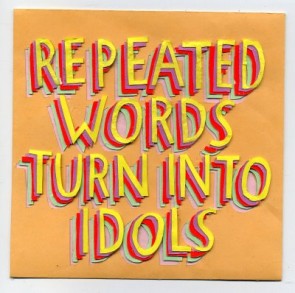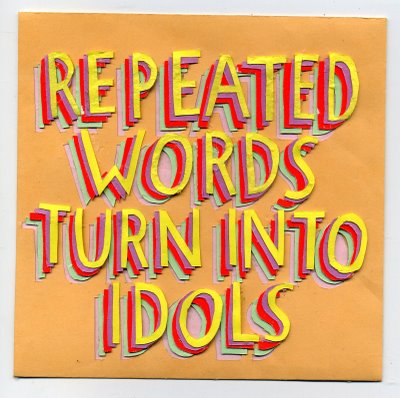 Some of you may recognize the title of this post as the opening line of Star Wars, but have you ever thought about the grammatical accuracy of the “double use” of the word far? To be honest, I never really paid much attention to the practice of repeating adjectives or adverbs as I have always believed it to be correct. While some purists may disagree, I think that there is a reason for this repetition.
Some of you may recognize the title of this post as the opening line of Star Wars, but have you ever thought about the grammatical accuracy of the “double use” of the word far? To be honest, I never really paid much attention to the practice of repeating adjectives or adverbs as I have always believed it to be correct. While some purists may disagree, I think that there is a reason for this repetition.
Last week, the matter was brought to my attention, courtesy of a bunch of guys at Quora. ((Source: Quora)) The question posed was:
Star Wars opens with the phrase “a long time ago in a galaxy far, far away”. Is that type of word repetition grammatically correct in English?
I immediately said yes (mentally, of course), the rationale being that the repetition is for emphasis. Some of you – or maybe even many of you – may actually do the same thing every now and then. Consider this example.
I can’t believe he did that. I was very, very surprised.
I am also reminded of the words of the song American Pie by Don McLean. (Although we really can’t count on lyrics to be always grammatically correct, can we?)
A long, long time ago…
While I was reading up on this topic, I came across varying opinions. In the Quora thread, a commenter presented a very sound argument about the legitimacy of repeating words. In fact, I learned a new term – reduplication. Those who have studied linguistics will recognize it as morphological process wherein a word is repeated. It can also be that only part of the word is repeated. The purpose of this repetition can be for additional emphasis or pluralization.
I also discovered another term which could be used to refer to the repetition of words for emphasis – palilogy. Merriam-Webster has a very useful definition. ((Source: Merriam-Webster))
A palilogy is a figure of speech that is a repetition of word or phrase for emphasis.
Examples:
“He cannot be good, knows not why he is good, but stands good.”
“That answer is wrong, wrong, wrong!!!”
On the other hand, there are people who say that this practice should not be considered grammatically correct. Instead of the sentence I wrote above as an example, a “better” sentence would be:
I can’t believe he did that. I was extremely surprised.
While I see where they are coming from ((Say more with fewer words, right?)), I think that in many instances, reduplication and palilogy have their use.
What about you? What do you think about reduplication and palilogy?
Image via Simon and Garfield


Leave a Reply